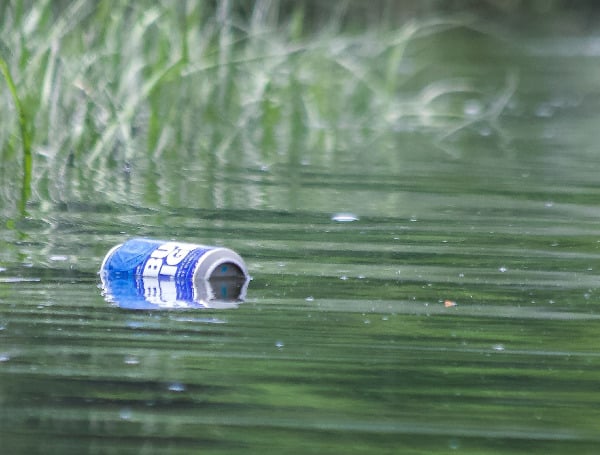Bud Light, a prominent beer brand, appears to be making strides in reclaiming customers who had boycotted the beer after a contentious collaboration with transgender influencer Dylan Mulvaney.
According to a recent survey, 15% of the Americans who had initially boycotted the brand have reconsidered their stance and are once again open to purchasing Bud Light. However, the survey also notes that despite this positive shift, Bud Light’s sales have yet to fully rebound from the fallout of the partnership controversy.
The survey data indicates a significant shift in the attitudes of Bud Light consumers. The percentage of Bud Light drinkers who expressed an unwillingness to purchase the brand in the next three to six months declined from 18% to a mere 3% in July. These findings were reported in Deutsche Bank’s latest monthly coverage of Anheuser-Busch InBev, the parent company of Bud Light.
In the news: Bud Light Parent Company Lays Off Hundreds Amid Mulvaney Controversy, Tumbling Sales
“The proportion of former Bud Light drinkers who are say they are very unlikely to buy the brand in 3-6 months time has reduced from 18% to just 3%, a significant improvement,” Deutsche Bank analysts wrote.
The controversy surrounding the partnership with Dylan Mulvaney evidently had a noticeable impact on Bud Light’s reputation and consumer sentiment. However, Bud Light’s efforts to address the situation and regain the trust of its customers appear to be yielding positive results, as indicated by the survey’s findings.
The case of Bud Light underscores the delicate balance that companies must strike when engaging with social and political issues.
While aligning with influencers and causes can strengthen brand identity and connect with specific audiences, the potential for backlash and boycotts exists if the partnership is perceived as insincere or out of touch with consumer values.
Despite recent efforts to recover from the fallout of a controversial ad and partnership, Bud Light’s sales continue to decline, marking a challenging period for the brand. The controversy surrounding the ad triggered a cultural debate, with conservative consumers expressing their dissatisfaction and urging brands to reconsider aligning with certain social and political issues.
In the news: Bud Light’s Sales Freefall Continues, As Pabst Blue Ribbon Is Now More Popular
The phrase “Go woke, go broke” emerged as a rallying cry among some conservative consumers who believed that brands engaging with progressive causes risked alienating portions of their customer base and subsequently experiencing negative financial consequences. This sentiment highlighted the potential consequences when a brand’s actions and messaging do not align with the values of a significant portion of its audience.
Bud Light’s experience serves as a case study in the complexities brands face when navigating sociopolitical issues and aligning with influencers. While efforts to regain customers and rebuild reputation may show initial positive results, the process of recovering consumer trust and sales can be a gradual and challenging journey.
For Bud Light and other brands, the incident underscores the importance of considering potential repercussions when delving into sociopolitical matters and aligning with influencers, as well as the need to strike a balance between authenticity and the diverse perspectives of their consumer base.
In a landscape where consumer sentiment can quickly impact a brand’s bottom line, brands must carefully assess the potential benefits and risks of their actions and communications.
Android Users, Click To Download The Free Press App And Never Miss A Story. Follow Us On Facebook and Twitter. Signup for our free newsletter.
We can’t do this without your help; visit our GiveSendGo page and donate any dollar amount; every penny helps

